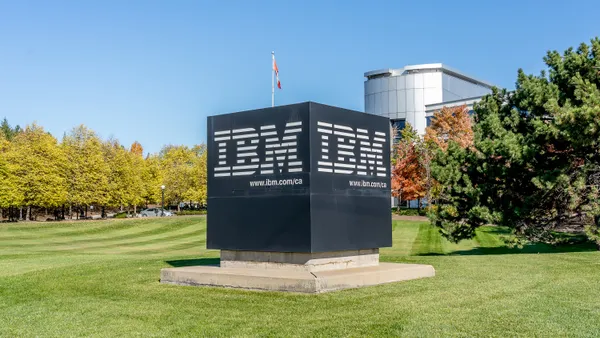Dive Brief:
-
With all the data organizations collect, only 51% actually put it to use, according to SnapLogic's data value report of 500 IT decisions makers in the U.S. and U.K. Less than one-third of respondents said they completely trust their data to contribute to business decisions.
-
Customer, IT and internal financial data are the most valuable forms for companies. But for organizations with more than 5,000 employees, customer data proves the most valuable. In five years, companies are expected to double how much they're currently paying to operationalize data to $1.725 million, according to the report.
-
About 80% of IT decision makers say legacy technologies stands in the way of pursuing full data-based opportunities. Other barriers include a disconnect between sharing data between different departments and the "tedious and manual" requirements of integration.
Dive Insight:
It's long been said that data should be treated as a company asset, but if big data is not treated in a way that is organized or capable of driving insight, it is no more useful than that PalmPilot sitting at the bottom of a desk drawer.
The potential of data is vast, but having it locked up due to outdated technologies and inefficient processes adds to frustration and delays.
IT decision makers said that nearly one-fifth of their time is dedicated just to preparing data for use by dividing it into specific manual tasks like integrating datasets or apps, building custom APIs or code, and maintaining their APIs and code, according to the report.
Without effective guidance, big data's potential remains trapped. But if a company has the ability to reevaluate the who, what and why of data, it can bring new insight to the surface. What can alleviate the pressures of handling data is transitioning big data workloads to the cloud and divesting on-premise platforms.
Because the price of storing data is expected to decline and processing speeds to double, there is no excuse not to use all the tools available for optimizing how data is handled.
Still, siloed data is a program across all sectors and only 2% of respondents said their organization successfully shares data. With so much pressure on the handling of data, it is no surprise that data scientists can rake in $135,000 or more annually.














